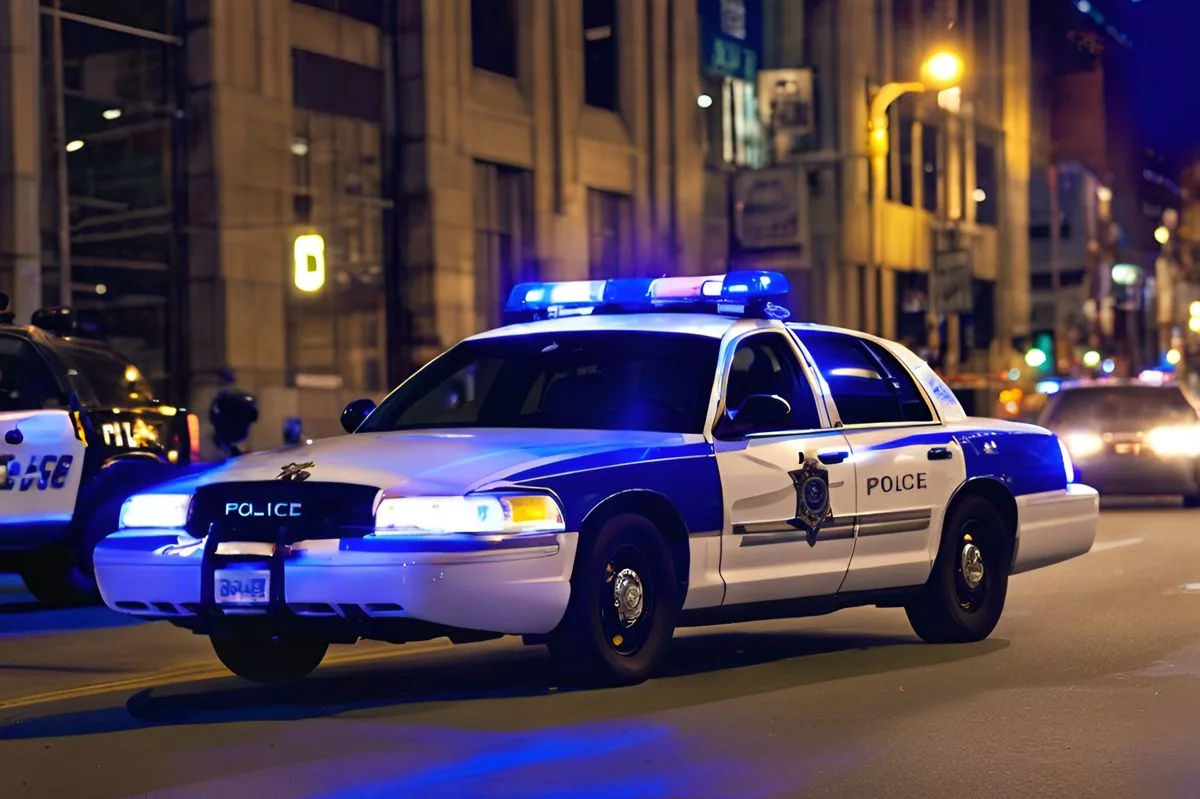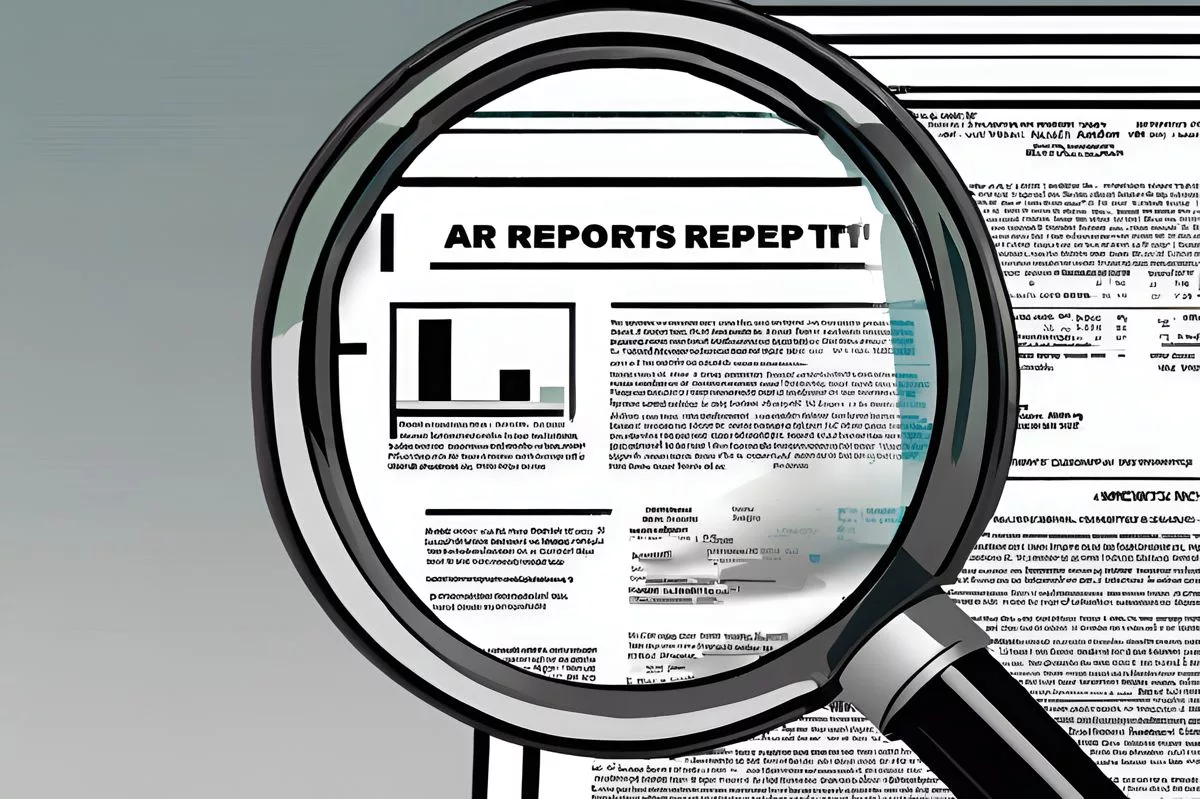South Africa’s VIP blue-light brigades, used to escort top officials, have led to safety risks on the roads and an average monthly fuel bill exceeding R580,000. The South African Police Service’s VIP Protection Unit shoulders a significant portion of this cost. Taxpayers have expressed outrage at the imbalance in resource allocation, with R2.18 billion designated for VIP protection, closely following the R2.4 billion set aside for the Directorate for Priority Crime Investigations, or The Hawks, leading to questions about the appropriate use of taxpayer funds.
The Severe Financial Consequences of South Africa’s High-Impact VIP Blue-Light Squadrons
The VIP blue-light brigades in South Africa have led to a significant burden on taxpayers. Besides presenting numerous risks to road users, they have also led to an average monthly fuel bill exceeding R580,000. Police Minister Bheki Cele disclosed that over the past six years, R42 million has been expended on fuel for these VIP brigades.
South African streets are often animated by the blue lights of VIP processions, a spectacle signaling the approach of top officials. However, the authority carried by these displays comes at a significant cost. Besides presenting numerous risks to road users, they have also led to considerable taxpayer expenditure, primarily in fuel costs.
The Price of Power: The Impact on Taxpayers and Public Safety
The VIP blue-light brigades, a common sight in South Africa, have grown into a symbol of unrestrained authority and escalating costs. Numerous cases of high-speed collisions, wilful ignorance of traffic laws, and even instances of violent behaviour have been attributed to these motorcades. Beyond the safety risks these convoys pose, their upkeep’s economic burden is sparking a significant backlash from taxpayers.
Police Minister, Bheki Cele, was recently pressed in a parliamentary question and answer session to detail the spending on VIP protection services. The disclosed figures were shocking. Over the past six years, R42 million has been expended on fuel for these VIP brigades, a figure that does not take into account the presumably considerable costs of maintaining and servicing this fleet.
Taxpayers face an average monthly fuel bill exceeding R580,000. Given the forecasted rise in petrol prices by 35c per litre in May 2024, this expense is likely to increase.
The VIP Protection Unit: A Major Contributor to the Expense
The South African Police Service’s VIP Protection Unit, tasked with safeguarding the president, cabinet ministers, Members of the Executive Council (MECs), and foreign dignitaries, is said to shoulder a significant portion of this cost. This unit has not remained immune to controversy in its execution of duties.
The provinces of Gauteng and Western Cape carry the main financial burden, considering the Union Buildings’ location in Pretoria and the Houses of Parliament in Cape Town. Interestingly, Mpumalanga province has emerged as the third-highest spender of public funds on this issue. The annual fuel spend for VIP vehicles in Mpumalanga reportedly exceeds R1.1-million, trailing only Gauteng and Western Cape.
An Imbalance in Resource Allocation: The High Cost of VIP Blue-Light Brigades
Democratic Alliance (DA) MP Andrew Whitfield has fervently condemned this expenditure, accusing ANC VIP members of abusing taxpayers’ money. In Whitfield’s view, the ANC is almost equally invested in protecting VIP ministers and politicians as they are in addressing serious crimes. Specifically, R2.18 billion has been set aside for VIP protection, closely following the R2.4 billion designated for the Directorate for Priority Crime Investigations, commonly known as The Hawks.
This circumstance underscores a glaring imbalance in resource distribution, prompting questions about whether taxpayer funds are being used appropriately or squandered to sustain a showy representation of power. The exorbitant cost of maintaining the VIP blue-light brigades is not only a strain on public finances but also a symbol of broader systemic problems within South Africa’s government structure.
As the blue lights persist in illuminating South Africa’s streets, they serve as a stark reminder of the high cost of wielding power, a burden disproportionately borne by taxpayers. The controversy around the expense and necessity of these brigades transcends financial considerations, touching on broader issues of safety, power balance, and governmental reform.
1. What are VIP blue-light squadrons?
VIP blue-light squadrons are motorcades used to escort top officials in South Africa. They are characterized by the use of blue lights on vehicles, which indicate the presence of high-ranking officials.
2. What are the financial consequences of VIP blue-light squadrons in South Africa?
VIP blue-light squadrons have led to a significant burden on taxpayers, with an average monthly fuel bill exceeding R580,000. Taxpayers have expressed outrage at the imbalance in resource allocation, with R2.18 billion designated for VIP protection, leading to questions about the appropriate use of taxpayer funds.
3. What are the safety risks associated with VIP blue-light squadrons?
Numerous cases of high-speed collisions, wilful ignorance of traffic laws, and even instances of violent behaviour have been attributed to these motorcades. VIP blue-light squadrons pose a significant risk to road safety.
4. Who shoulders the significant portion of the cost of VIP blue-light squadrons?
The South African Police Service’s VIP Protection Unit, tasked with safeguarding the president, cabinet ministers, Members of the Executive Council (MECs), and foreign dignitaries, is said to shoulder a significant portion of this cost.
5. What is the imbalance in resource allocation associated with VIP blue-light squadrons?
R2.18 billion has been set aside for VIP protection, closely following the R2.4 billion designated for the Directorate for Priority Crime Investigations, commonly known as The Hawks. This has prompted questions about whether taxpayer funds are being used appropriately or squandered to sustain a showy representation of power.
6. What is the significance of the controversy around the expense and necessity of VIP blue-light squadrons?
The controversy around the expense and necessity of VIP blue-light squadrons transcends financial considerations, touching on broader issues of safety, power balance, and governmental reform. It highlights systemic problems within South Africa’s government structure and the disproportionate burden borne by taxpayers to sustain a showy representation of power.












